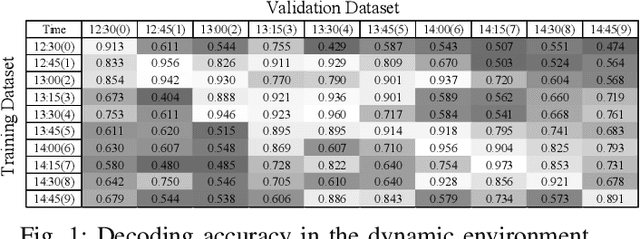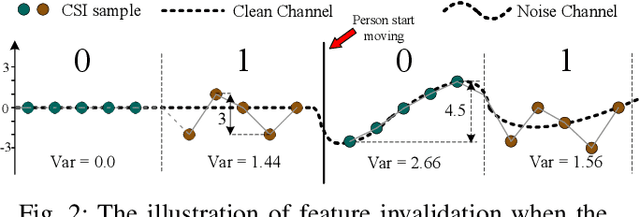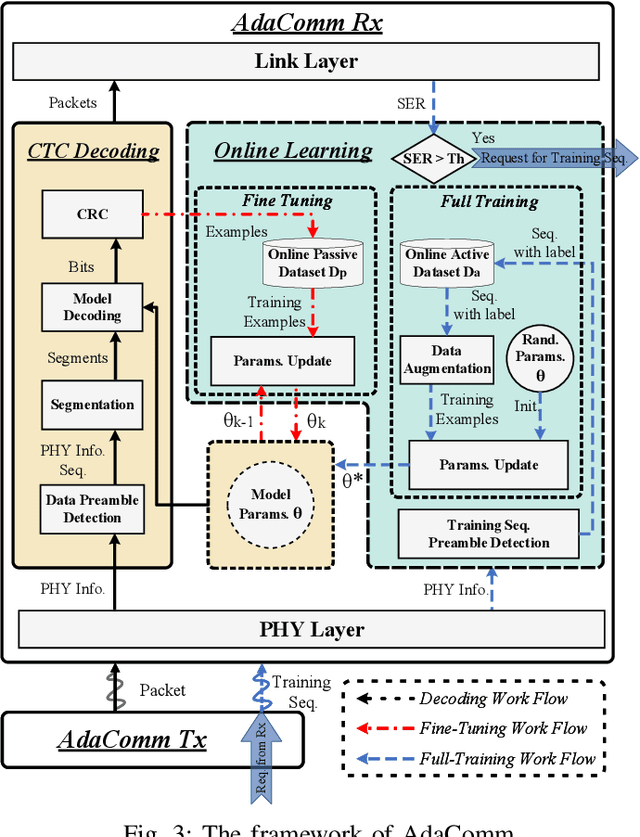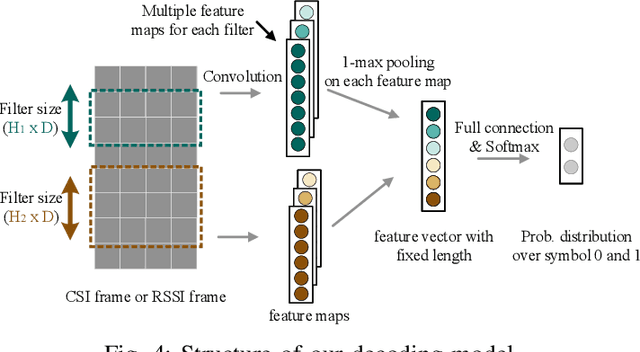AdaComm: Tracing Channel Dynamics for Reliable Cross-Technology Communication
Paper and Code
Sep 30, 2022



Cross-Technology Communication (CTC) is an emerging technology to support direct communication between wireless devices that follow different standards. In spite of the many different proposals from the community to enable CTC, the performance aspect of CTC is an equally important problem but has seldom been studied before. We find this problem is extremely challenging, due to the following reasons: on one hand, a link for CTC is essentially different from a conventional wireless link. The conventional link indicators like RSSI (received signal strength indicator) and SNR (signal to noise ratio) cannot be used to directly characterize a CTC link. On the other hand, the indirect indicators like PER (packet error rate), which is adopted by many existing CTC proposals, cannot capture the short-term link behavior. As a result, the existing CTC proposals fail to keep reliable performance under dynamic channel conditions. In order to address the above challenge, we in this paper propose AdaComm, a generic framework to achieve self-adaptive CTC in dynamic channels. Instead of reactively adjusting the CTC sender, AdaComm adopts online learning mechanism to adaptively adjust the decoding model at the CTC receiver. The self-adaptive decoding model automatically learns the effective features directly from the raw received signals that are embedded with the current channel state. With the lossless channel information, AdaComm further adopts the fine tuning and full training modes to cope with the continuous and abrupt channel dynamics. We implement AdaComm and integrate it with two existing CTC approaches that respectively employ CSI (channel state information) and RSSI as the information carrier. The evaluation results demonstrate that AdaComm can significantly reduce the SER (symbol error rate) by 72.9% and 49.2%, respectively, compared with the existing approaches.
 Add to Chrome
Add to Chrome Add to Firefox
Add to Firefox Add to Edge
Add to Edge